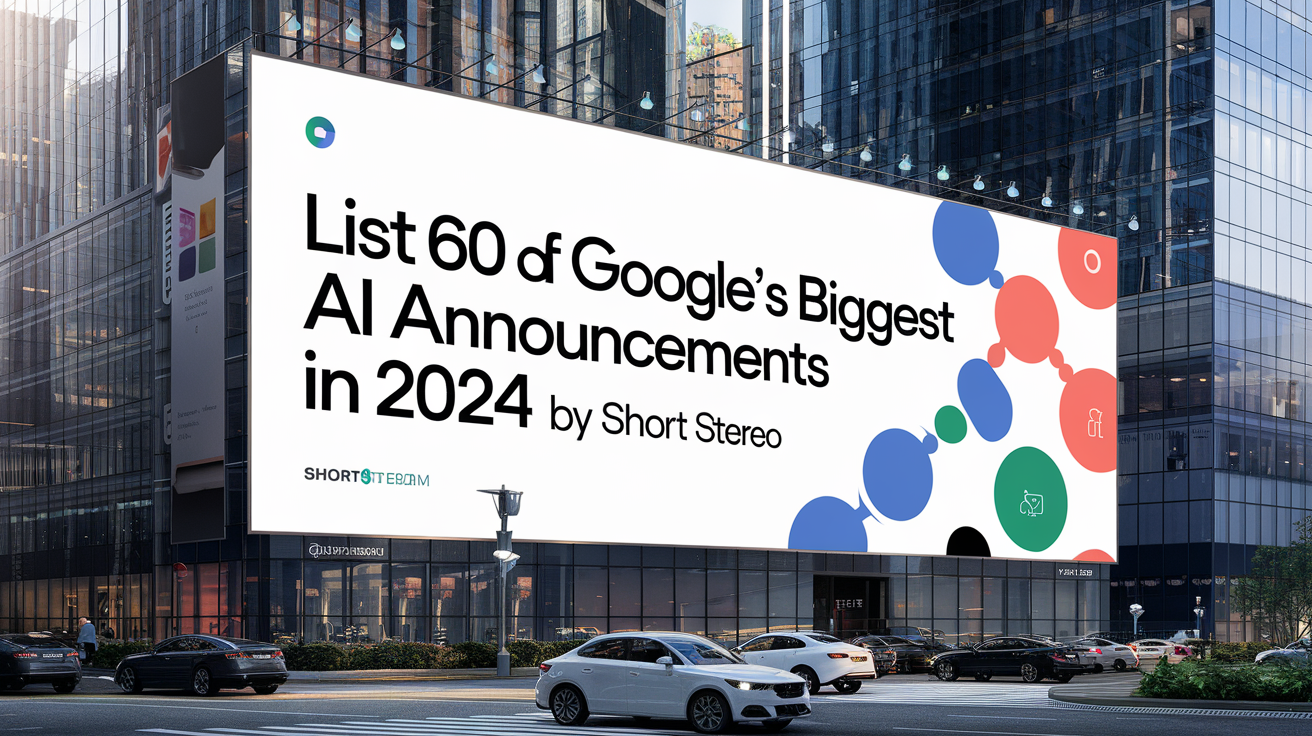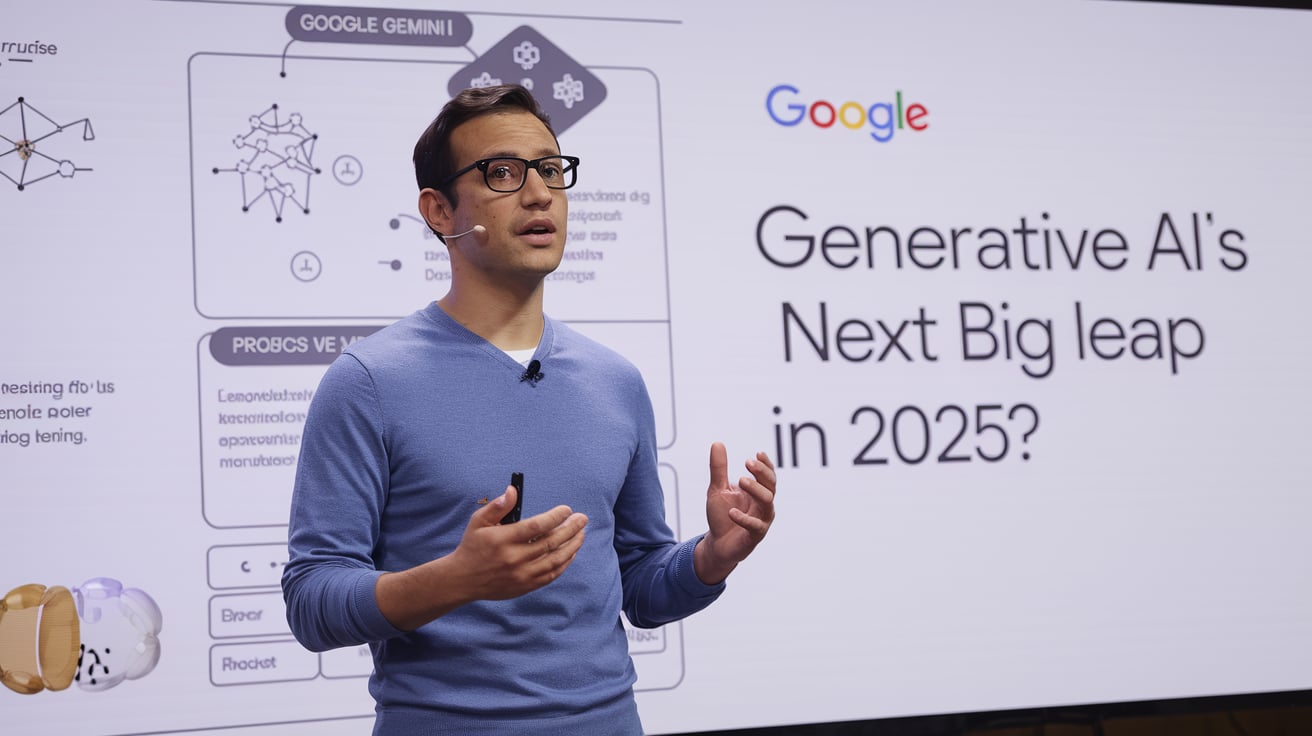Published by Short Stereo | A Design and Content Marketing Company
Introduction
The rise of AI tools like ChatGPT has been nothing short of revolutionary, but what does it mean for students earning their degrees in 2025? While tools like ChatGPT can boost learning, improve productivity, and even make assignments easier, they come with potential downsides too. From ethical concerns to a loss of critical thinking skills, students using ChatGPT must consider both the opportunities and consequences.
As we navigate this tech-driven educational landscape, business owners, startup founders, and marketing managers can also learn how to harness AI responsibly. Whether you’re curious about education or business applications, this article will dive into the good, the bad, and the actionable insights for using ChatGPT in a meaningful way.
If you’re ready to unlock smarter strategies for your business, contact Short Stereo to learn how we can guide you through these AI-driven changes.
tl;dr
This article explores the impact of ChatGPT on students pursuing degrees in 2025. You’ll learn about the benefits, risks, and ethical challenges associated with using AI tools in education. Plus, we’ll share strategies for responsible usage and practical tips for business owners looking to integrate AI tools into their operations.
Index
- How Students Are Using ChatGPT in 2025
- The Benefits of ChatGPT for Education
- The Ethical Challenges of AI in Academics
- Long-Term Consequences for Learning and Skills
- How Businesses Can Learn From ChatGPT’s Role in Education
1. How Students Are Using ChatGPT in 2025
Introduction
Students today are leveraging ChatGPT in ways that would have been unimaginable a few years ago. Whether it’s drafting essays, solving math problems, or summarizing lengthy readings, this AI tool is now a go-to resource for many undergraduates and even post-graduate students. While this may seem like a productivity boost, it also raises questions about academic integrity and long-term learning.
As a student, I understand the allure of using ChatGPT to breeze through tough assignments. But are we losing something important in the process? For teachers and universities, the challenge is striking a balance between embracing AI and maintaining educational standards.
Actionable Insights
- Understand the rules: Universities are increasingly updating policies on AI usage. Students must stay informed about what is allowed.
- Use ChatGPT for learning, not shortcuts: AI should enhance understanding, not replace effort.
How Businesses Can Apply
The ways students use ChatGPT today mirror how professionals can apply AI tools in business. Automating repetitive tasks and generating ideas with AI can save time—but it’s essential to pair AI with critical thinking.
Strategies
- Encourage your team to use AI for brainstorming, but always review and refine the outputs.
- Offer workshops to help employees understand how to use AI responsibly.
Tip
Always verify AI-generated content for accuracy and relevance, whether in education or business.
Curious about AI’s potential for your business? Contact Short Stereo to explore how we can help you adopt AI tools effectively.
2. The Benefits of ChatGPT for Education
Introduction
Let’s face it—ChatGPT offers incredible advantages for students. From generating quick summaries to providing instant feedback, this AI assistant can transform how we learn. Students can save hours on research and focus on understanding complex topics.
As a business owner or startup founder, you can draw parallels to how AI tools like ChatGPT streamline operations. The key is to maximize its strengths without becoming over-reliant.
Actionable Insights
- Save time: Use ChatGPT for drafting and editing but allocate time for manual review.
- Enhance creativity: Treat ChatGPT as a brainstorming partner to spark new ideas.
How Businesses Can Apply
AI isn’t just for students—businesses can harness it to boost productivity. For instance, marketing managers can use AI tools to draft emails, create ad copy, and even analyze market trends faster than ever.
Strategies
- Use ChatGPT to streamline content creation but involve a human editor for the final touch.
- Leverage AI for market research and competitor analysis to gain an edge.
Tip
Strike a balance: AI should support your team, not replace their creativity and expertise.
Ready to elevate your business with AI-driven strategies? Contact Short Stereo for customized solutions.
3. The Ethical Challenges of AI in Academics
Introduction
While the benefits of ChatGPT are undeniable, it also poses serious ethical concerns. From plagiarism to the erosion of academic integrity, these challenges are at the forefront of debates in 2025. Students who misuse ChatGPT risk their credibility and academic standing.
As a startup founder or business owner, ethical AI usage is equally important. Misusing AI tools can damage your reputation and undermine trust with clients.
Actionable Insights
- Promote transparency: Always disclose when you’ve used AI tools for academic or business purposes.
- Avoid shortcuts: Whether you’re a student or a professional, shortcuts often lead to long-term consequences.
How Businesses Can Apply
The ethical challenges in education provide valuable lessons for businesses. By fostering a culture of honesty and transparency, you can set a strong foundation for responsible AI use.
Strategies
- Implement clear AI usage policies to maintain trust with clients and stakeholders.
- Educate your team on the ethical implications of AI tools.
Tip
Ethics and integrity matter as much as efficiency—don’t compromise on either.
Want to build trust with AI-powered strategies? Contact Short Stereo to learn more.
4. Long-Term Consequences for Learning and Skills
Introduction
What happens when students rely too heavily on ChatGPT? While it can enhance productivity, over-reliance on AI tools may lead to a decline in critical thinking, problem-solving, and creativity—skills that are crucial for success in both academics and the workplace.
The same applies to businesses. Over-relying on AI can hinder innovation and reduce human input.
Actionable Insights
- Foster critical thinking: Use AI as a tool, not a crutch.
- Balance tech with creativity: Combine AI-generated ideas with human expertise for the best results.
How Businesses Can Apply
Startups and growing businesses can learn from these challenges by ensuring that AI complements their human workforce rather than replacing it.
Strategies
- Pair AI tools with regular team brainstorming sessions to foster creativity.
- Encourage employees to develop new skills that AI can’t replicate, like leadership and emotional intelligence.
Tip
Invest in training programs to ensure your team stays innovative and adaptable.
Need help navigating AI’s impact on your business? Contact Short Stereo for expert advice.
Want More? Subscribe for Exclusive Insights and Premium Access
Unlock the secrets to AI success and more! Subscribe to our newsletter and get in-depth analyses, detailed case studies, and exclusive insights delivered straight to your inbox.
As a subscriber, you’ll also enjoy unlimited digital access to our resources, invitations to members-only events, and exclusive perks designed to elevate your business.
Don’t miss out—join our growing community today and stay ahead of the competition.




